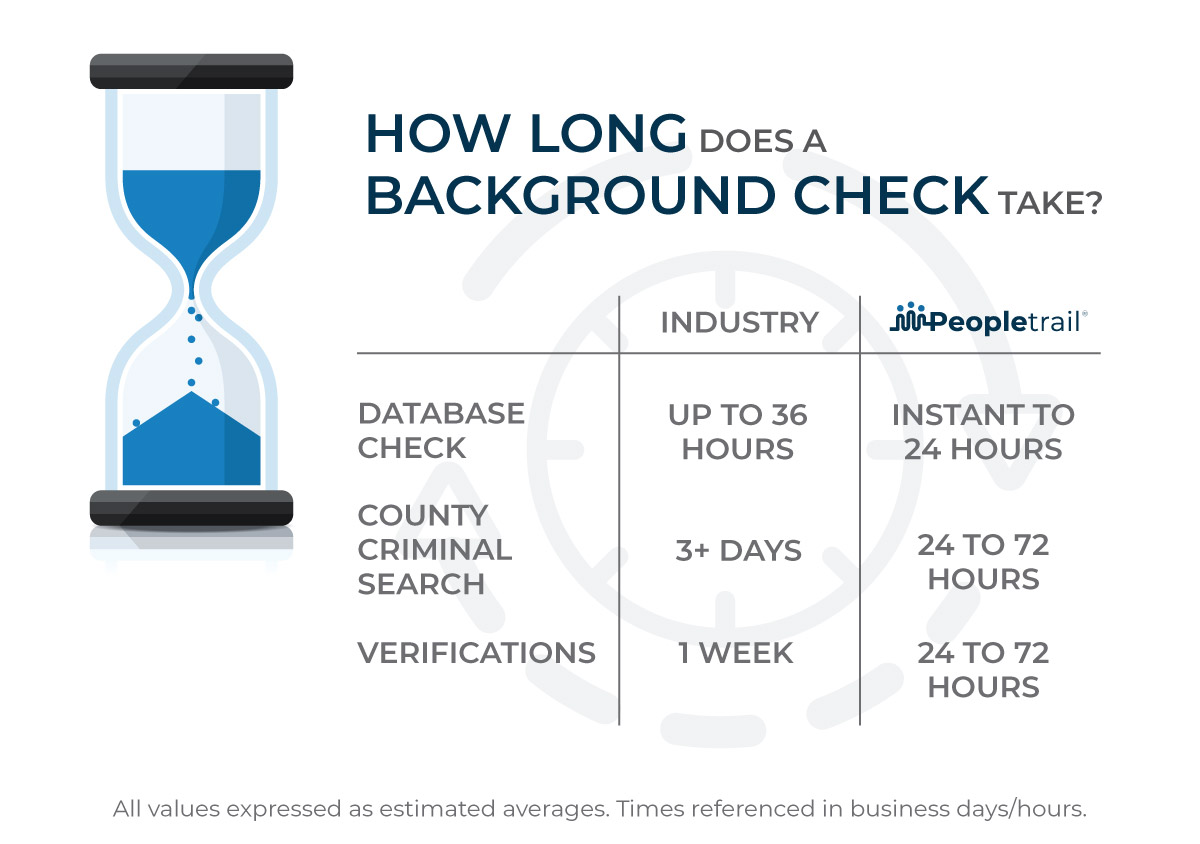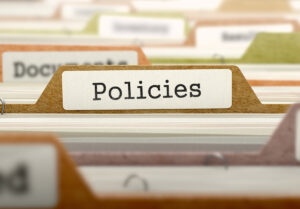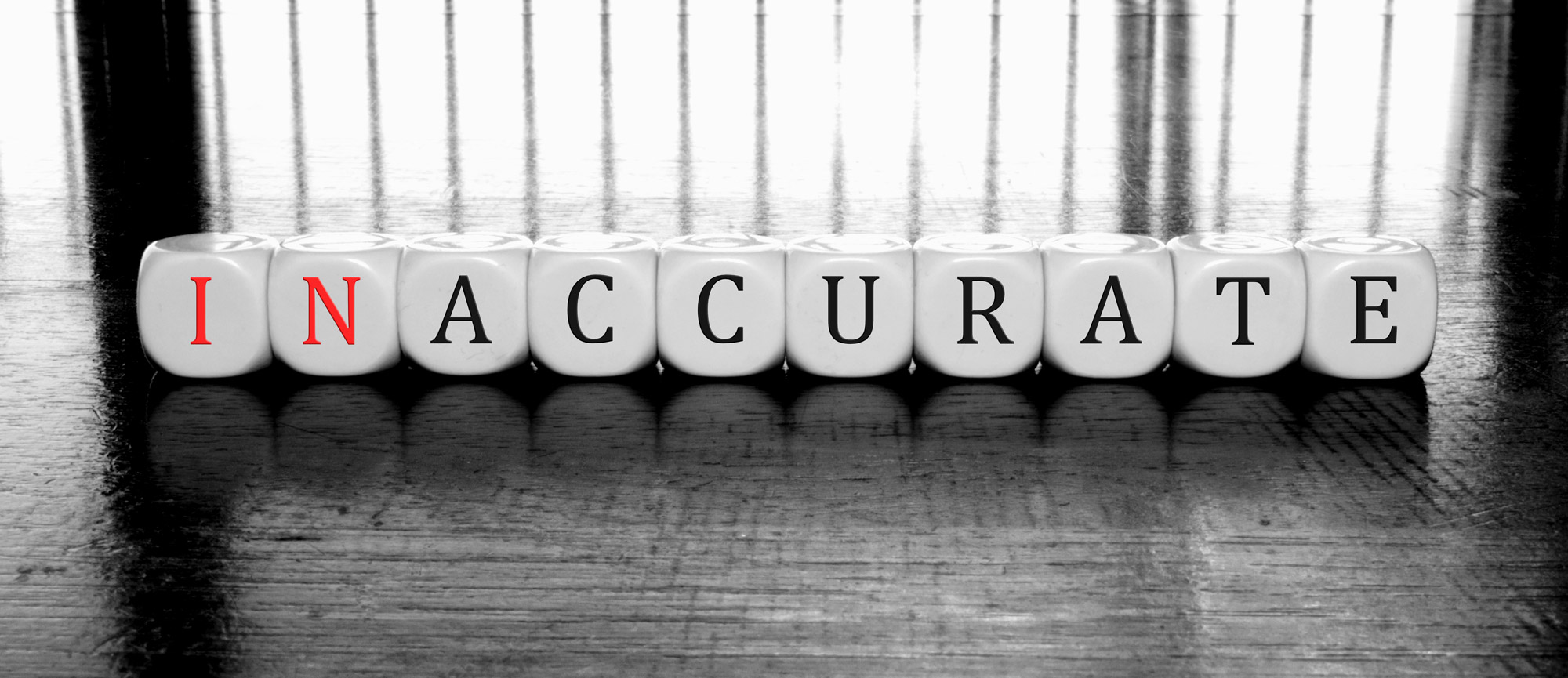Background screening is a method of investigating and collecting employment history, criminal records, financial records, and other information about an individual or organization. A background check is a consumer report that is most often ordered on an individual or for-employment basis.
Background checks can range from simple to very comprehensive. Depending on individual needs or employer requirements, checks will vary greatly in depth and detail.
Looking for a new job? Learn how a personal background check can help you in your job search!
Background checks are often required by employers when they are making hires. Since employees represent (in some capacity) and are a reflection of their organization (to some degree), such a process becomes critical.
In the United States, organizations must follow the Fair Credit Reporting Act (FCRA) which includes obtaining the required consent and authorization from a candidate before performing a background check on them. Employers also have the responsibility of duly informing each candidate when they plan on taking action based on items found within their background checks.
For summarized information on FCRA compliance, check out this article.

One of the most common questions we receive from both employers and individuals is how much time background screenings take. Most consumer reporting agencies have similar answers—it depends.
Retrieving criminal records data and other consumer report information is a bit more involved than many tend to think. In a single, comprehensive background check, there can be a dozen or more information sources including but not limited to county courthouses, federal courthouses, databases, state repositories, credit bureaus (TransUnion, Equifax, Experian), and education/other private institutions. Each of these sources can have unique data retrieval protocols or circumstances resulting in delays.
Many organizations also opt to implement drug and health screening practices. This can further extend timelines depending on a number of factors often out of the screening provider’s control. How long a background check will take is dependent on hundreds of factors.
What Can Make Background Reports Take Longer?
The average employment background check we process does not take more than 1 to 3 business days to complete depending upon the nature and scope of the check. However, in certain situations, there may be hold-ups. These are some of the most common:
1. Unresponsive Parties
This is particularly relevant when it comes to verifications and reference checks. At times, it can be difficult for a background screening provider to establish contact with educational institutions, employers, and other individuals. There are also times when additional information is needed from a candidate in order to verify a record, degree, employment history, or identity. Timelines can be extended when key individuals are slow to provide requested information.
2. Backlogged Courts
There are thousands of courthouses across the country. Odds are, a courthouse somewhere is currently experiencing delays due to staffing issues, limited resources, natural disasters, or any number of other circumstances. This can increase the time taken for completing criminal record checks. Moreover, there are a few outlying municipal court jurisdictions whose records have yet to be digitized. This means any criminal information requested from these jurisdictions must be manually procured by a court runner or a county clerk. This can take anywhere from 3 to 30 days depending upon the case and county.
3. Drug Screening
Drug testing can be a rather involved process requiring collection facilitation, laboratory analysis, medical review, and on occasion, retesting. At times, the logistics of coordinating drug tests in more remote areas of the county can be the cause of a delay. When results are lab-verified positive, a Medical Review Officer (MRO) will need to verify prescriptions with the candidate in order to exclude authorized substance use as a reason for failure. Completion of the report is put on hold until the candidate responds and the MRO completes their analysis.
4. Multiple Sources
Background checks that require searching multiple sources and databases are likely to take longer than less-comprehensive checks.
5. Use of Aliases
Many people change their names or use aliases at some point in their lives. At times, candidates may try and use an alias in an attempt to avoid detection. While they are very unlikely to be successful in doing so, such a thing may cause slight delays.
6. International Background Verifications
Generally, international background verifications take longer than domestic checks. This is usually because non-US courts, government bodies, and police ministries all work a bit differently. There are language and process barriers as well as systems that are not interchangeable with US systems.
7. Inaccurate Information
Incomplete application forms or inaccurate information are a common cause of delays in background verification results.
What Can Make a Background Check Go Faster?
Peopletrail is often asked about ways to make a background check “go faster.” While there are no tricks that can hurry up things that are out of our hands, it is fairly easy to avoid things that can slow the process down.
We work to complete background verification reports faster by advising our candidates to do the following:
1. Keep Relevant Information Ready
Depending on the scope of the background search, candidates should be asked to provide critical information, such as former employer names, addresses, dates of employment, educational degrees, and so on. The screening process will be much smoother if the applicant has all the information required on hand and can provide it to the background screening provider quickly.
3. Honesty
False/inaccurate personal identifier information or past employment/education details can add a day or more to the screening process. Candidate honesty will go a long way in keeping turnaround times down.
2. Quality Assurance
Background screening providers, such as Peopletrail are bound by guidelines of the Fair Credit Reporting Act to double-check the information that is conflicting or adverse in nature before including it in the report. This quality assurance step may seem to slow down the process when in reality, it significantly mitigates the number of inaccuracies, disputes, and potential lawsuits, all of which significantly extend timelines.
3. Complete Cooperation
In certain situations, it becomes necessary for screening providers to contact candidates directly for missing pieces of information. Cooperation is important for more streamlined facilitation. Contacting a candidate is generally required if the provider encounters an unresponsive former employer or academic institution. Candidates can help in such situations by providing alternate proofs, such as W-2s or old pay stubs and copies of diplomas.
Peopletrail Background Screening
It’s true that the time it takes to complete a background check can vary significantly. But for most clients, Peopletrail boasts a national average of 1.6 days with real-time updates on delays. While instant background checks shouldn’t be the expectation, our screening specialists can often turn a three-day waiting period into one business day. Learn more about what we do during that time.
Get a quick quote on background screening for new hires.











